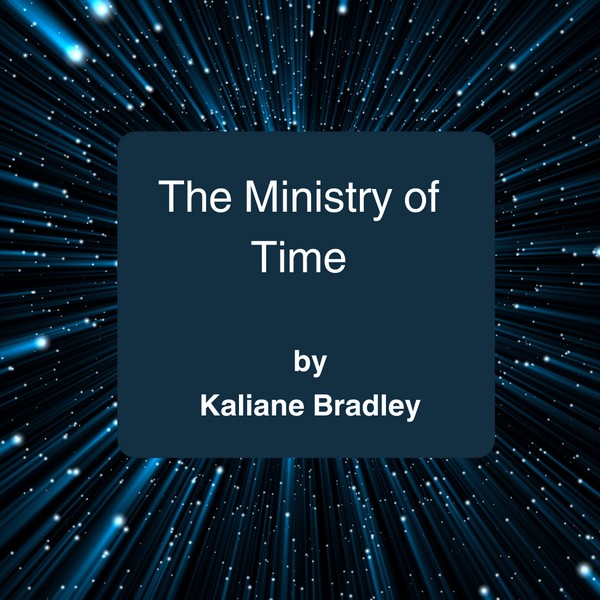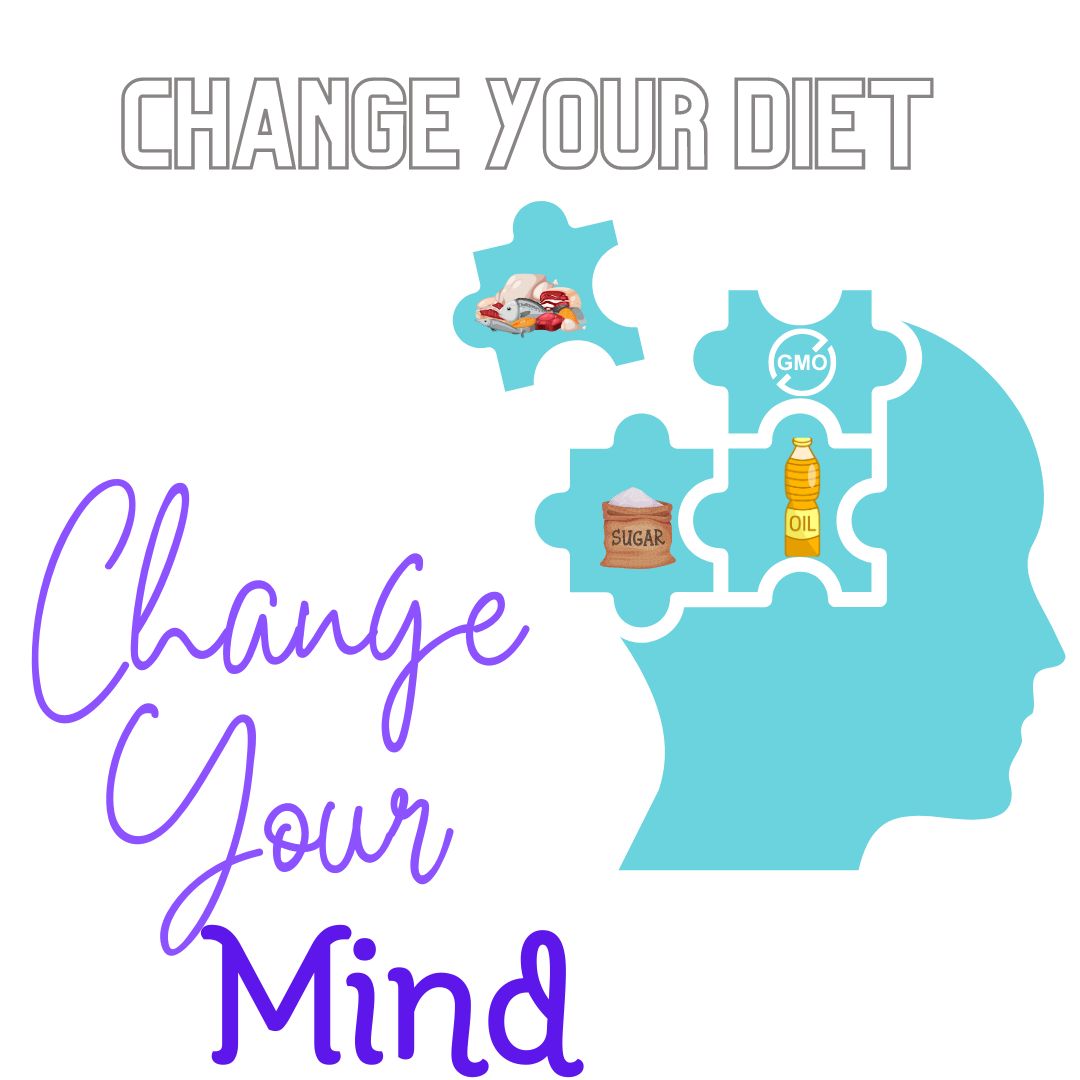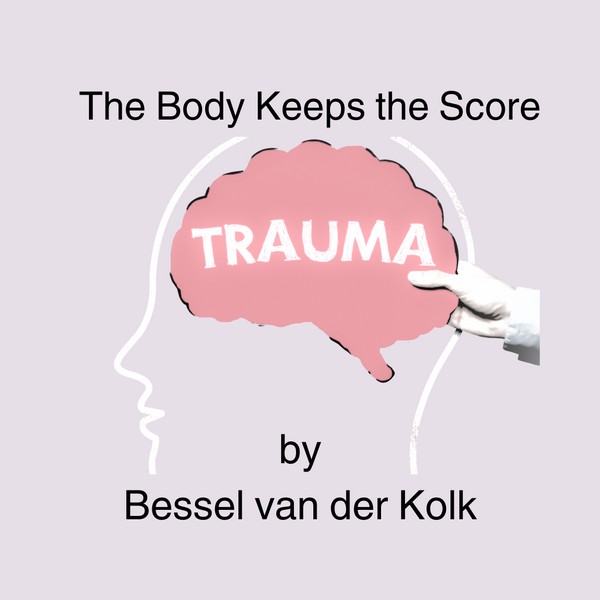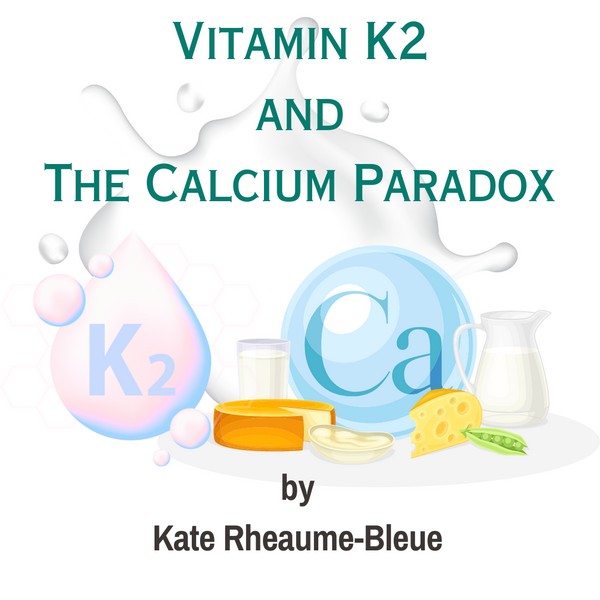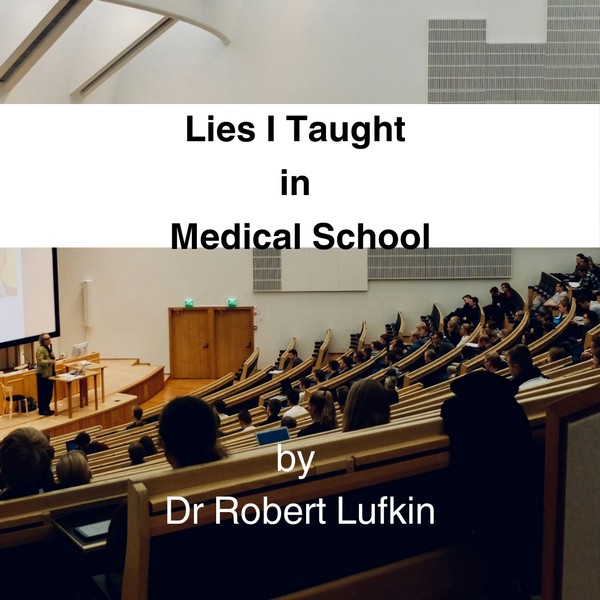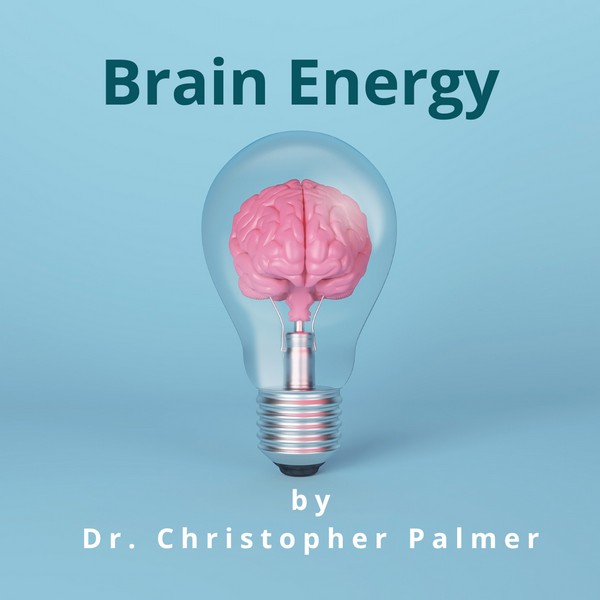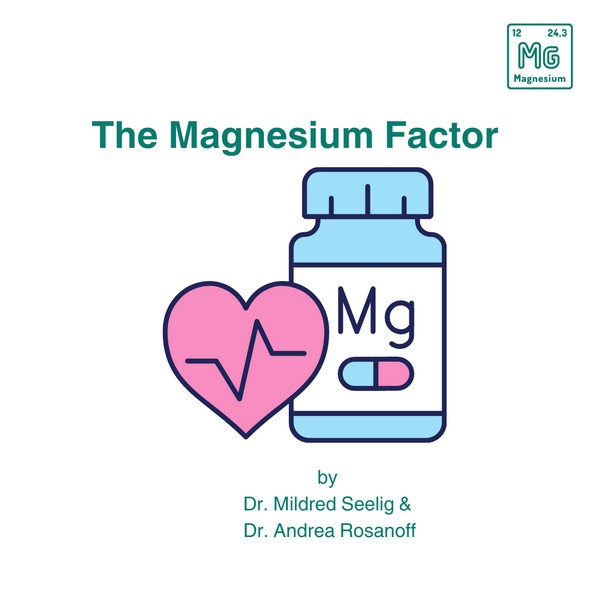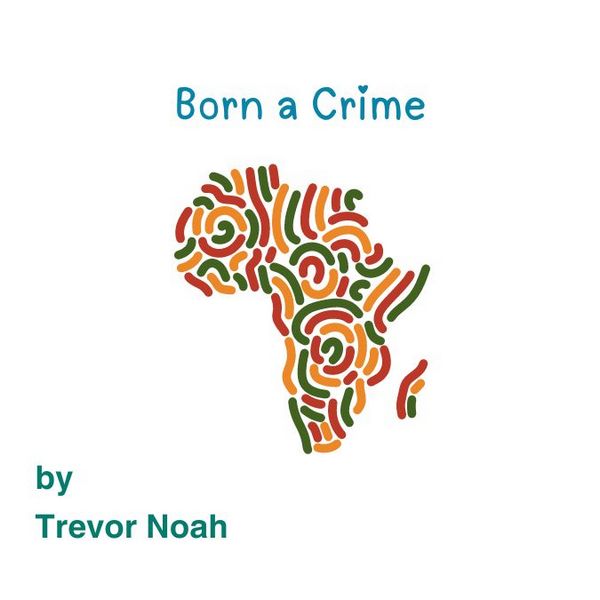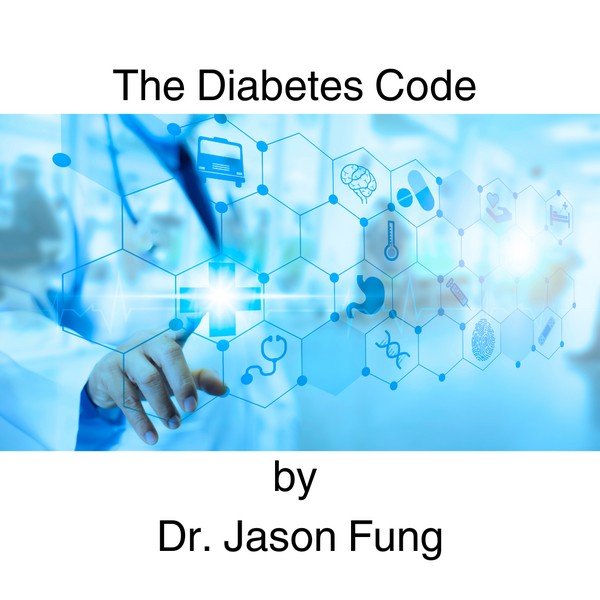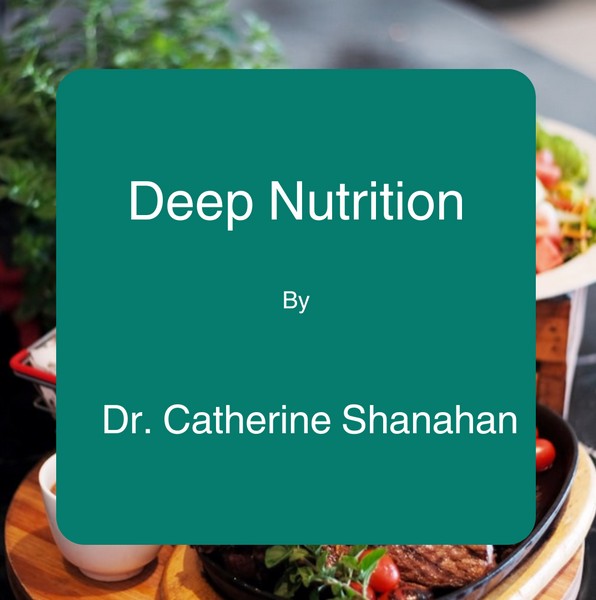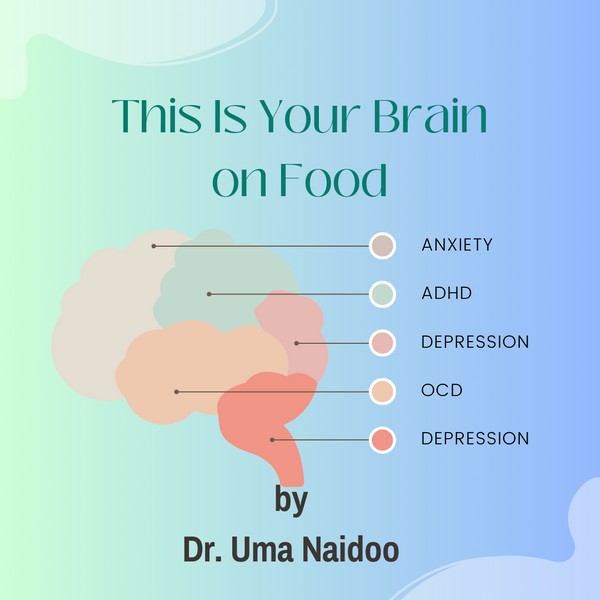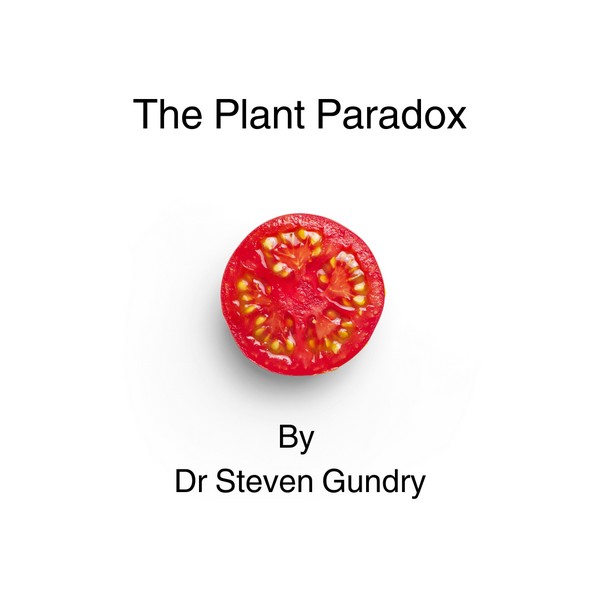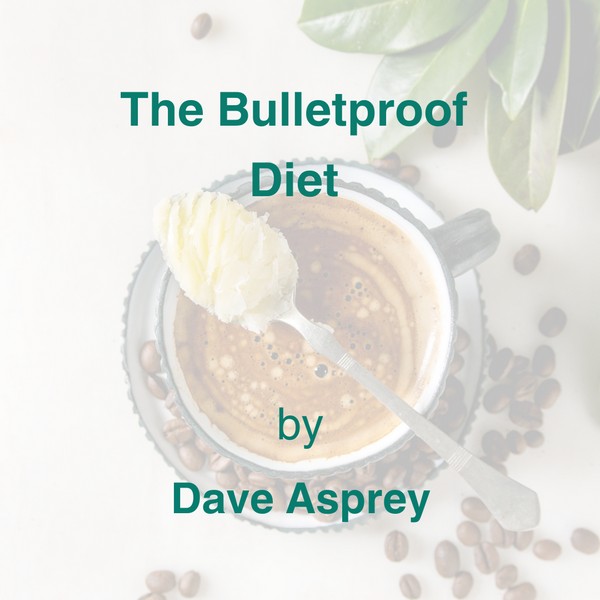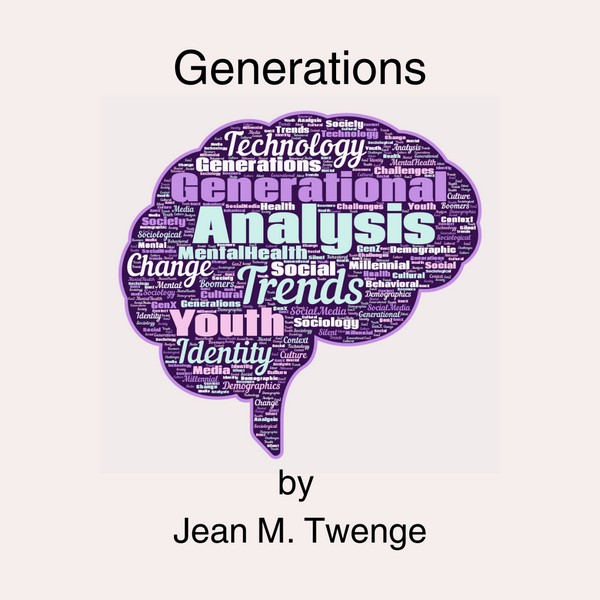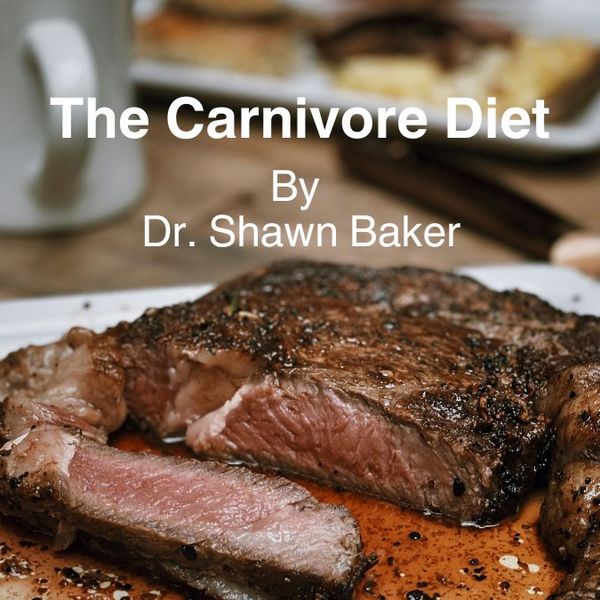Key Takeaways
- Analyzes obesity through hormonal lens.
- Critiques calorie-in, calorie-out model.
- Advocates managing insulin to lose weight.
- Discusses impact of cortisol and stress.
- Recommends timed eating for weight control.
“The Obesity Code: Unlocking the Secrets of Weight Loss” by Dr. Jason Fung challenges conventional wisdom on weight loss, shifting the focus from calorie counting to a deeper understanding of insulin’s role in obesity.
Dr. Fung, a nephrologist with extensive experience in treating patients with chronic kidney disease and diabetes, argues that the root cause of obesity is not calories but the hormonal imbalances driven by our diet.
Summary of the Book

Dr. Fung proposes that the primary driver of obesity is insulin resistance, influenced by our intake of refined carbohydrates and sugars coupled with frequent feeding.
The book breaks down complex biochemical processes into understandable concepts, explaining how prolonged insulin levels lead to weight gain.
Dr. Fung advocates for a diet low in refined sugars and processed foods, promoting instead intermittent fasting as a key strategy for reducing insulin resistance and achieving sustainable weight loss.
Critical Analysis
“The Obesity Code” is compelling for its thorough analysis and challenge to the diet industry’s prevalent calorie-centric views. Dr. Fung supports his arguments with research studies and patient case studies, which add credibility and relatability to his assertions.
However, some critics argue that his emphasis on insulin might oversimplify obesity, which is influenced by numerous other factors, including genetics and environment.
Despite this, the book offers a refreshing perspective that could potentially shift how diet and obesity are approached.
New Blog Post "Can we stop pretending Calorie Restriction works for Weight Loss?" – https://t.co/xSrPJSlhHF
— Dr. Jason Fung (@drjasonfung) May 2, 2024
Personal Reflection
Reading “The Obesity Code” was an eye-opening experience that changed my perceptions of dieting and weight loss. The detailed explanation of how hormones, like insulin, affect our body’s fat storage was particularly enlightening.
Dr. Fung’s advocacy for intermittent fasting also piqued my interest, as it challenged the traditional dieting model of small, frequent meals.
Comparison with Other Works
“The Obesity Code” can be compared to “Why We Get Fat” by Gary Taubes, which also highlights hormonal regulation and its impact on obesity. Both books criticize the calorie-in-calorie-out model and provide insights into the hormonal basis of weight gain, but Dr. Fung extends the discussion by incorporating intermittent fasting as a practical application of his findings.
About the Author: Dr. Jason Fung

Dr. Jason Fung is a Canadian nephrologist, a leading expert on intermittent fasting and low-carb diets, especially their role in treating obesity and diabetes.
He earned his medical degree and completed his residency at the University of Toronto before heading the Intensive Dietary Management program where he uses diet and lifestyle changes to treat patients with obesity and diabetes.
Dr. Fung has written several influential books, including “The Obesity Code” and “The Complete Guide to Fasting,” which have changed the way many think about diets, weight loss, and health.
His work is grounded in a deep understanding of the biology of obesity and diabetes, which he explains with clarity. Through his books and lectures, Dr. Fung advocates for new, innovative ways to think about calorie consumption, hormonal imbalance, and their effects on obesity.
Explore ‘The Obesity Code’ to understand the hormonal basis of obesity and discover non-traditional methods that could transform your approach to weight loss.
Pick up your copy at Amazon
Conclusion
Dr. Jason Fung’s “The Obesity Code” is a significant contribution to the ongoing debate on effective weight loss strategies. His detailed examination of insulin’s role in obesity and his clear communication of complex scientific principles make this book a must-read for anyone struggling with weight management. For those looking for an alternative perspective to traditional diets and an introduction to intermittent fasting, this book might offer the breakthrough they need.

FAQ: Insights from “The Obesity Code”
What is the main argument of “The Obesity Code”?
The book argues that obesity is primarily caused by insulin resistance and hormonal imbalance, not calorie excess.
Who would benefit from reading “The Obesity Code”?
Anyone struggling with weight loss, interested in understanding the role of hormones in obesity, or looking for sustainable dietary strategies.
What dietary changes does Dr. Fung recommend?
Dr. Fung recommends reducing intake of refined sugars and processed foods, and incorporating intermittent fasting into one’s lifestyle.
Is intermittent fasting safe for everyone?
While beneficial for many, intermittent fasting may not be suitable for everyone. It’s important to consult healthcare providers before starting.
How does “The Obesity Code” differ from traditional diet books?
It shifts focus from calorie counting to understanding and managing hormonal drivers of weight gain, particularly insulin.
Can the insights from the book be applied to type 2 diabetes management?
Yes, the book’s principles on managing insulin resistance are applicable to both obesity and type 2 diabetes management.
Where can I learn more about Dr. Fung’s work?
Dr. Fung’s insights can be further explored through his other publications, online lectures, and the Intensive Dietary Management program’s website.
Lost Book of Herbal Remedies by Nicole Apelian
Key Takeaways Details medicinal properties of common plants. Offers DIY instructions for natural remedies. Discusses plants for specific health issues. Encourages sustainable harvesting practices. Provides…
The Complete Gardener by Monty Don
Key Takeaways Advocates for a no-dig gardening approach. Stresses on organic, self-sufficient methods. Covers both aesthetic and practical aspects. Provides tips for year-round garden care….
Let’s Get Lost by Finn Beales
Key Takeaways Showcases breathtaking remote locations through striking photography. Finn Beales’ narrative style blends personal insights with vivid description. Emphasizes the raw, untouched beauty of…
The Ministry of Time by Kaliane Bradley
Key Takeaways The Ministry of Time blends time travel romance, spy thriller, and workplace comedy. Explores themes of power, love, and historical defiance. Features a…
Change Your Diet, Change Your Mind by Dr. Georgia Ede
In the compelling book Change Your Diet, Change Your Mind, Dr. Georgia Ede challenges conventional wisdom about diet and mental health. Drawing on her extensive…
Don’t Believe Everything You Think by Joseph Nguyen
Key Takeaways Challenges the validity of common cognitive distortions, prompting critical self-reflection. Offers practical strategies to build and enhance mental resilience in daily life. Encourages…
The Body Keeps the Score by Dr. Bessel van der Kolk
Key Takeaways Explores trauma’s impact on the body and mind. Advocates for integrating neuroscience with therapy. Highlights non-traditional healing methods like yoga. Stresses importance of…
Vitamin K2 and The Calcium Paradox by Kate Rheaume-Bleue
Key Takeaways Explains Vitamin K2’s role in calcium distribution. Links deficiency to bone and heart disease. Stresses synergy between Vitamin K2 and D3. Offers food…
Toxic Superfoods by Sally K. Norton
Key Takeaways Understanding Oxalates: Sources: Found in many plant foods, including spinach, almonds, and sweet potatoes. Health Impact: High oxalate intake can lead to kidney…
Lies I Taught in Medical School by Dr Robert Lufkin
Key Takeaways Metabolic dysfunction is a common cause of many chronic diseases. Conventional medical advice often overlooks the importance of metabolic health. Lifestyle changes, including…
Real Food for Pregnancy by Lily Nichols
Key Takeaways Evidence-Based Guidance: Challenges outdated prenatal nutrition with researched alternatives. Nutrient-Dense Foods: Stresses eating foods high in essential micronutrients for fetal development. Practical Meal…
A Hunter-Gatherer’s Guide to the 21st Century by Heather Heying and Bret Weinstein
Key Takeaways Explores human evolution’s impact on modern health and behavior. Introduces “mismatch disease” concept linking past and present issues. Discusses diet, education, technology from…
Brain Energy by Dr. Christopher Palmer
Key Takeaways Connects mental health with metabolic health. Proposes ketogenic diet for brain disorders. Discusses energy production’s role in mental health. Challenges traditional psychiatric approaches….
The Magnesium Factor by Dr. Mildred Seelig & Dr. Andrea Rosanoff
Key Takeaways Explores magnesium’s role in cardiovascular health. Discusses interaction between magnesium and other minerals. Highlights symptoms of magnesium deficiency. Offers dietary advice for magnesium…
Born a Crime by Trevor Noah
Key Takeaways Trevor Noah’s biracial identity in apartheid South Africa was illegal, making his existence a crime. The book highlights the significant influence of Noah’s…
Can’t Hurt Me – by David Goggins
Key Takeaways Resilience: David Goggins demonstrates how overcoming adversity builds strength. Accountability Mirror: Encourages daily self-reflection for personal growth. 40% Rule: Advocates pushing beyond perceived…
Gardening at Longmeadow by Monty Don
Key Takeaways Emphasizes organic, seasonal gardening techniques. Offers practical advice for different garden sizes. Rich in personal gardening anecdotes. Highlights importance of plant positioning. Focuses…
The Diabetes Code by Dr. Jason Fung
Key Takeaways Recommends dietary approaches to reverse diabetes. Critiques traditional diabetes management. Highlights importance of insulin management. Advocates intermittent fasting as a treatment. Discusses long-term…
Deep Nutrition by Catherine Shanahan, M.D.
Key Takeaways Traditional diets positively influence genetic expression and overall health. Modern diets high in processed foods and vegetable oils negatively impact health. The Four…
This Is Your Brain on Food by Dr. Uma Naidoo
Key Takeaways Links diet to mental health conditions. Provides nutritional advice for anxiety and depression. Discusses gut-brain connection. Offers recipes for mental wellness. Encourages holistic…
Lies My Doctor Told Me by Dr. Ken Berry
Key Takeaways Exposes common health myths. Offers evidence against outdated medical advice. Advocates for low-carb, high-fat diets. Encourages critical examination of pharmaceutical influence. Stresses on…
The Plant Paradox by Dr. Steven Gundry
Key Takeaways Lectins as Toxins: Lectins can cause inflammation and various health issues, Dr. Gundry argues. Gut Health: Maintaining gut health is linked to overall…
The Magnesium Miracle by Dr. Carolyn Dean
Key Takeaways Discusses magnesium’s critical role in health. Links magnesium deficiency to numerous diseases. Offers guidance on supplementation and diet. Examines overlooked symptoms of deficiency….
The Bulletproof Diet by Dave Asprey
The Bulletproof Diet is a nutrition and lifestyle book authored by Dave Asprey, the founder of the Bulletproof brand. This book outlines Asprey’s approach to…
Generations by Jean M. Twenge
Key Takeaways: Jean M. Twenge explores the unique characteristics of six American generations. Analyzes data from 39 million people to show the impact of technology…
The Better Baby Book by Dr. Lana Asprey and Dave Asprey
Key Takeaways Focuses on optimal prenatal and early childhood health. Offers dietary recommendations for expecting mothers. Discusses environmental impacts on fetal development. Stresses importance of…
The Carnivore Diet by Dr. Shawn Baker
Key Takeaways Promotes all-meat diet for health. Argues for benefits on inflammation and autoimmune issues. Critiques conventional dietary guidelines. Discusses impacts on physical performance. Challenges…
Daring Greatly by Brené Brown
Key Takeaways Power of Vulnerability: Emphasizes that vulnerability is not a weakness but a strength that fosters connection and creativity. Shame Resilience: Offers strategies to…




